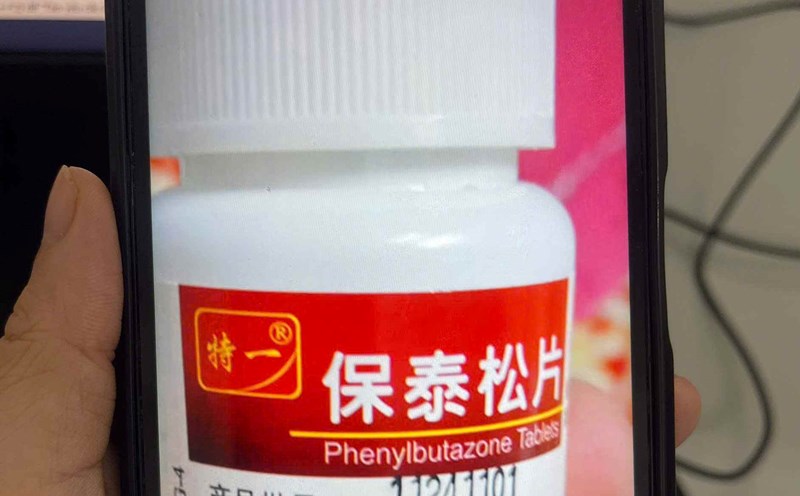Keep your body hygienic and change clothes immediately after getting wet
According to dermatologist Dr. Ramesh Gupta, an expert at Sir Ganga Ram Hospital, New Delhi, it is very important to wash and change dry clothes immediately after being exposed to rainwater or wet. S up to twice a day with gentle antibacterial soap and clean clothes to reduce the risk of fungal and bacterial infections, he recommends.
Use appropriate clothing
Choose loose, breathable clothes made from cotton to help your skin breathe easily and limit sweating. Avoid wearing tight-fitting clothes or synthetic materials that easily retain moisture, creating conditions for bacteria to grow. In particular, you should change your clothes as soon as they are wet to avoid skin problems.
Control indoor humidity
Use a dehumidifier and a filtered air purifier to reduce humidity and remove mold in the air. Ensure good ventilation in the home to prevent the growth of mold and bacteria, according to The Times of India.
Maintaining environmental hygiene
clean your home regularly, especially in areas that are prone to humidity such as bathrooms, kitchens and walls to prevent the growth of mold and bacteria. Make sure there is no stagnant water in the home, as this is an ideal environment for the development of allergens.
Healthy diet and lifestyle
Eating a nutritious diet, especially foods rich in vitamins C and E, helps increase skin resistance. Drink enough water and avoid stress to maintain overall health.
Taking the above measures not only helps prevent skin allergies during the rainy season but also protects your overall health.











